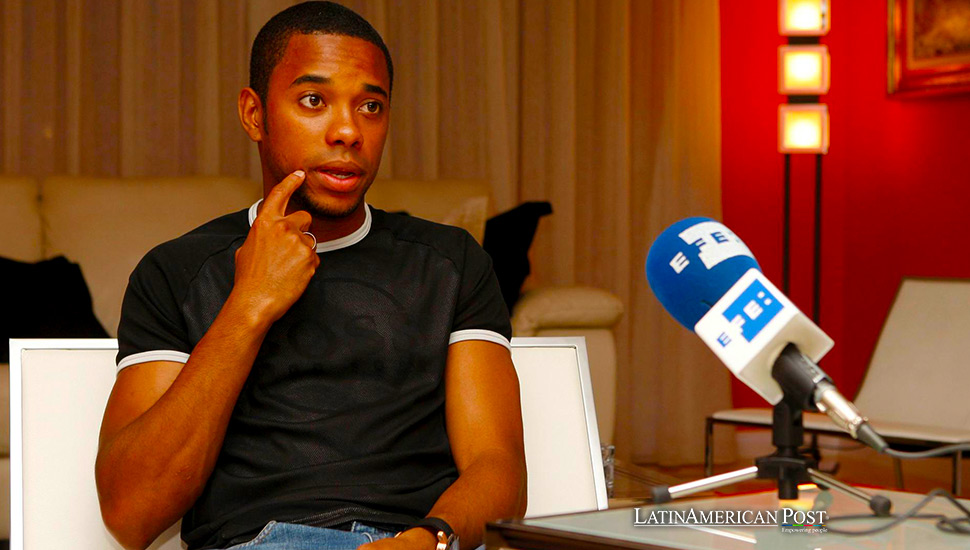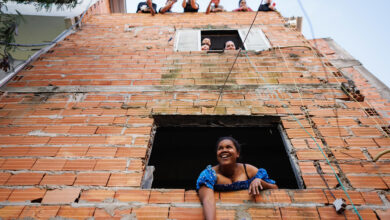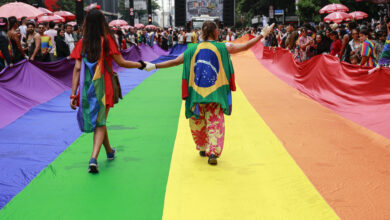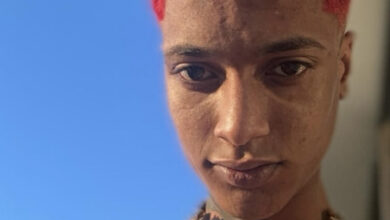Robinho’s Fall From Grace: Brazil Sends a Message on Athletes and Accountability

The arrest of Robinho, a renowned Brazilian footballer, for rape thrusts into the spotlight the myth of athlete invincibility to legal repercussions, challenging the narrative that sports figures are predisposed to criminal behavior and underscoring the universal imperative of justice.
The recent arrest and subsequent imprisonment of Robinho, the former Brazilian football star, for his involvement in a 2013 gang rape incident in Milan starkly illustrates the profound dissonance between the exalted status of professional athletes and the grave reality of their human fallibility. This episode serves as a critical case study in examining the pervasive myth that sports celebrities, particularly football players, operate above the law and are inherently more prone to engage in criminal activities than the general population.
Robinho’s legal saga, culminating in a nine-year prison sentence, not only dismantles the illusion of immunity often associated with sports icons but also prompts a broader societal introspection on the nature of fame, power, and accountability. In Latin America, where football is not just a sport but a cultural cornerstone, the reverence for players often blurs the lines of moral and legal accountability, creating a perception that these figures are shielded from the consequences of their actions.
The narrative that athletes are more susceptible to criminal behavior is contentious, lacking substantial empirical evidence. Research indicates that the rate of criminality among athletes is not significantly higher than in the general population, suggesting that the visibility and media scrutiny of sports figures amplify public awareness of their transgressions. The case of Robinho, therefore, should not be misconstrued as indicative of a broader trend of criminality within the athletic community but rather as a high-profile manifestation of individual misconduct.
The legal proceedings in Brazil that led to Robinho’s detention mark a pivotal moment in the country’s judicial landscape. The Brazilian court’s decision to uphold the Italian sentence and deny Robinho the leniency of house arrest underscores a commitment to ensuring that justice transcends social and economic status. Heralded by local media and the public, this firm stance signifies a progressive shift towards a more equitable legal system where celebrity status does not equate to impunity.
This case transcends its components, touching upon broader themes of systemic racism, societal values, and the role of the media in shaping public perception. Robinho, of African descent, becomes a focal point in the ongoing discourse on racial inequality and the justice system’s treatment of minority groups. The extensive media coverage and public discourse surrounding his trial and conviction reflect societal attitudes toward race, celebrity, and accountability.
Furthermore, the Robinho saga underscores the need for a cultural reassessment of how athletes are revered and the implications of this admiration for their behavior and public expectations. The often-unquestioned hero-worship of sports figures can contribute to a sense of entitlement and invulnerability, leading to ethical lapses and, in some cases, criminal activities. This situation calls for a recalibration of societal values, where athletic prowess does not absolve individuals of moral and legal responsibility.
In the broader Latin American context, the Robinho case symbolizes a regional struggle with corruption, impunity, and societal inequality. The intersection of sports, politics, and social issues in Latin America provides a unique backdrop against which the implications of Robinho’s case are magnified, offering insights into the region’s complex dynamics of fame, power, and justice.
The impact of this case extends into the realm of sports governance and the mechanisms in place to address ethical and legal violations by athletes. It highlights the need for robust institutional frameworks within sports organizations to prevent, address, and penalize misconduct effectively. This incident serves as a catalyst for introspection and reform within the sports industry, urging a reevaluation of the policies and values that govern the conduct of its members.
The Robinho case is a poignant reminder of the intersection between sports, society, and the law. It challenges the notion that athletes are inherently more criminally inclined and highlights the need for a balanced perspective that recognizes sports figures’ individual agency and accountability. As this case reverberates through the corridors of power in sports and beyond, it reinforces the principle that no individual is above the law, irrespective of their fame or contributions to sport. Therefore, this saga’s legacy lies in its ability to catalyze change, prompting a reexamination of the cultural, legal, and ethical frameworks that shape the world of sports and the broader society in which it exists.
Also read: The Ascent of Brazilian Volleyball on the World Stage
By delving into the complexities of Robinho’s case within the rich tapestry of Latin American sports culture, it becomes evident that the issue is not the inherent criminal propensity of athletes but rather the societal structures and perceptions that govern their actions and consequences. In this light, Robinho’s story is not just a tale of personal downfall but a mirror reflecting the broader challenges of achieving justice, equality, and accountability in a world captivated by the spectacle of sports.




